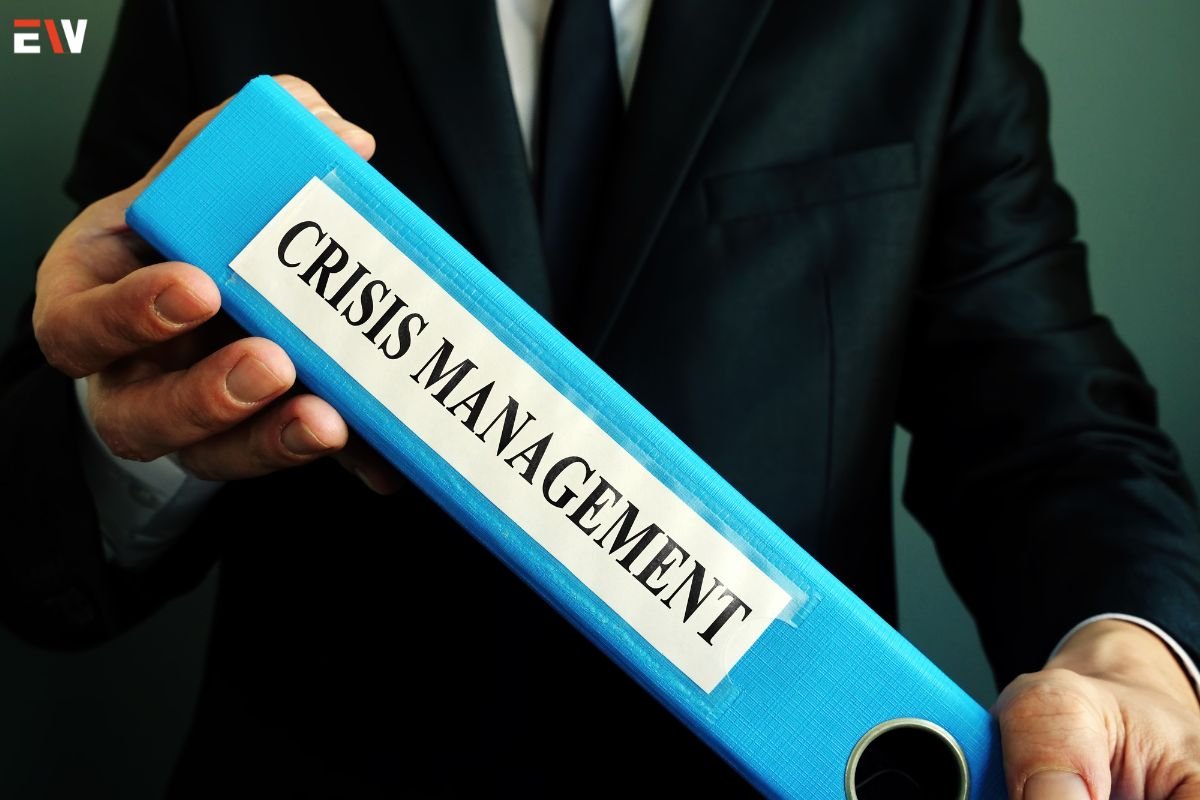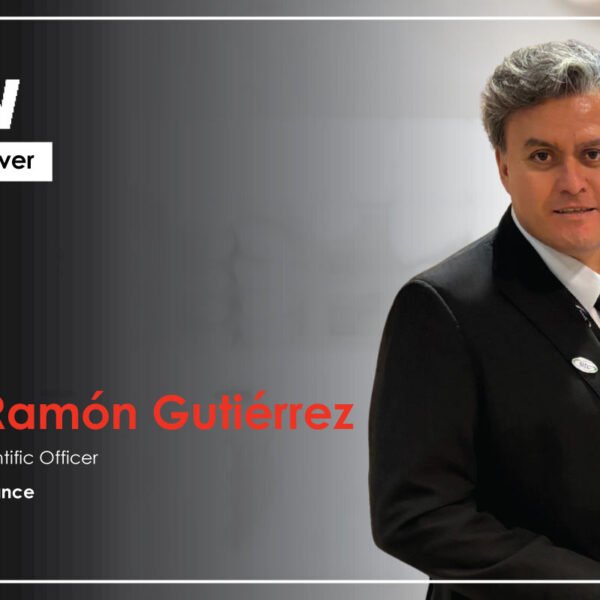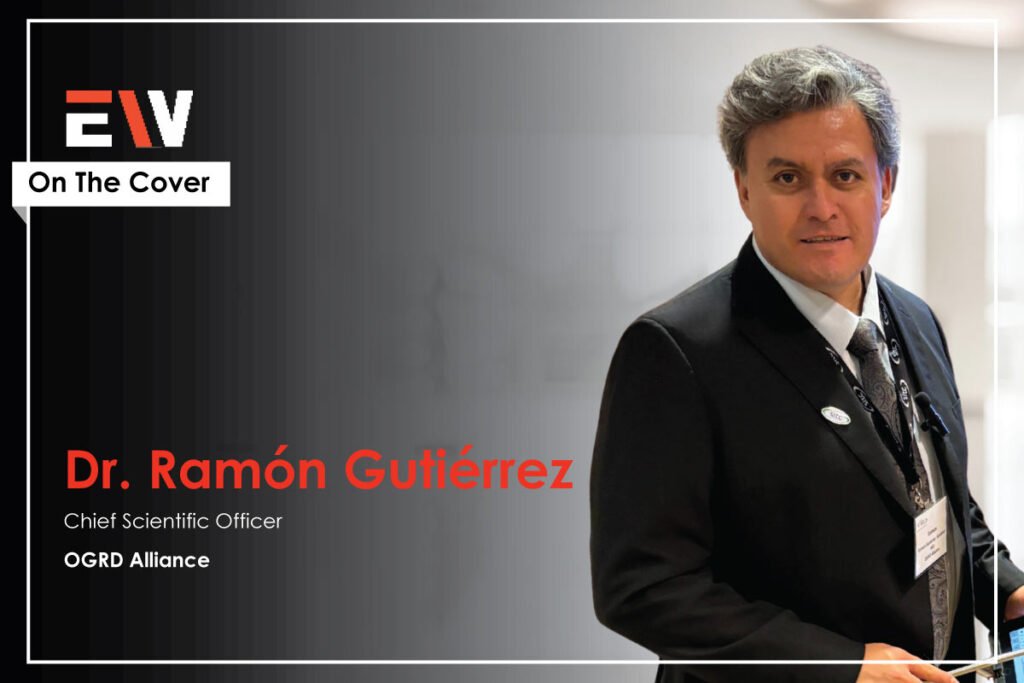In the fast-paced and interconnected world of social media, maintaining a safe and engaging online environment is paramount for both users and businesses alike. Social media moderators play a crucial role in upholding community guidelines, fostering meaningful interactions, and safeguarding against harmful content. In this comprehensive guide, we’ll delve into the responsibilities, skills, and best practices of a social media moderator, highlighting their indispensable contribution to online community management.
Understanding the Role of a Social Media Moderator
A social media moderator is responsible for monitoring, managing, and moderating user-generated content on various social media platforms. Their primary objective is to ensure that discussions remain respectful, relevant, and compliant with community guidelines, thereby cultivating a positive user experience for all participants.
Key Responsibilities of a Social Media Moderator
1. Content Moderation
Social media moderators review user-generated content, including posts, comments, and messages, to identify and address violations of community guidelines, such as hate speech, harassment, and inappropriate content. They have the authority to remove or hide offensive material and take appropriate action against users who violate platform rules.
2. Engaging with Users
Moderators engage with users through comments, direct messages, and public announcements to address inquiries, resolve disputes, and provide assistance as needed. They serve as the frontline representatives of the brand or community, fostering positive interactions and building rapport with users.
3. Crisis Management

In the event of a crisis or controversy, moderators act swiftly to mitigate reputational damage and manage public perception. They provide timely updates, address concerns, and communicate effectively with stakeholders to maintain transparency and trust.
4. Community Building
Moderators play a key role in nurturing online communities by facilitating discussions, organizing events, and encouraging user participation. They create a sense of belonging and camaraderie among members, fostering loyalty and advocacy for the brand or community.
5. Policy Enforcement
Social media moderators enforce platform policies and guidelines consistently and impartially, ensuring that all users are held accountable for their actions. They stay informed about changes to policies and regulations, proactively addressing emerging issues and maintaining compliance with legal requirements.
Required Skills and Qualities
1. Strong Communication Skills
Moderators must possess excellent written and verbal communication skills to interact effectively with users, convey information clearly, and de-escalate tense situations diplomatically.
2. Attention to Detail
Attention to detail is critical for moderators to identify and address violations of community guidelines accurately and efficiently, ensuring the integrity of the online community.
3. Empathy and Understanding
Moderators should demonstrate empathy and understanding when engaging with users, particularly in sensitive or contentious situations, to foster a supportive and inclusive environment.
4. Problem-Solving Abilities

Moderators must be adept at problem-solving and conflict resolution, capable of navigating complex issues and finding constructive solutions to mitigate disputes and maintain peace within the community.
5. Adaptability
Given the dynamic nature of social media, moderators must be adaptable and able to respond quickly to evolving situations, adjusting strategies and priorities as needed to effectively manage online interactions.
Best Practices for Effective Social Media Moderation
1. Establish Clear Guidelines
Define clear and comprehensive community guidelines outlining acceptable behavior, prohibited content, and consequences for violations to set expectations for users and moderators alike.
2. Provide Ongoing Training

Offer regular training sessions and resources to empower moderators with the knowledge and skills necessary to effectively moderate content, handle challenging situations, and uphold platform policies.
3. Foster a Supportive Team Culture
Cultivate a supportive and collaborative team culture among moderators, encouraging open communication, sharing best practices, and providing peer support to enhance morale and effectiveness.
4. Utilize Moderation Tools
Take advantage of moderation tools and software solutions to streamline content review processes, automate repetitive tasks, and identify potentially problematic content more efficiently.
5. Monitor Trends and Feedback
Stay informed about emerging trends, user feedback, and industry developments to anticipate potential challenges, adapt moderation strategies, and proactively address user concerns.
Conclusion
As social media continues to play an increasingly prominent role in our digital lives, the role of a social media moderator becomes ever more crucial in maintaining the integrity, safety, and well-being of online communities. By fulfilling their responsibilities with professionalism, empathy, and integrity, social media moderators contribute to the creation of positive and inclusive digital spaces where users can connect, engage, and thrive.
As businesses and organizations recognize the importance of community management in their social media strategies, investing in skilled and dedicated moderators is essential for building trust, fostering loyalty, and safeguarding the reputation of brands and online communities alike. With effective moderation practices and a commitment to user safety and satisfaction, moderators play a vital role in shaping the online landscape for the better.










